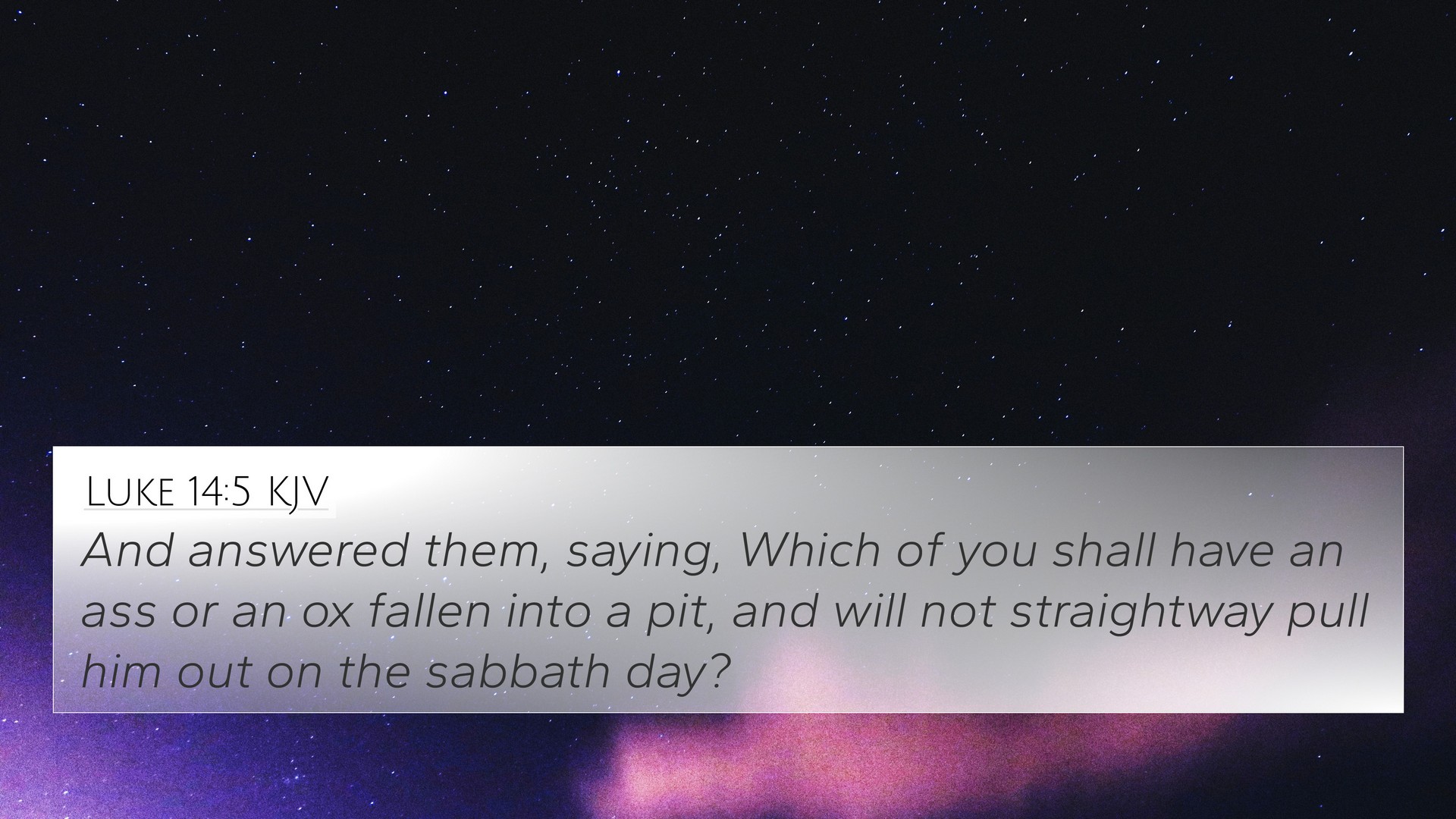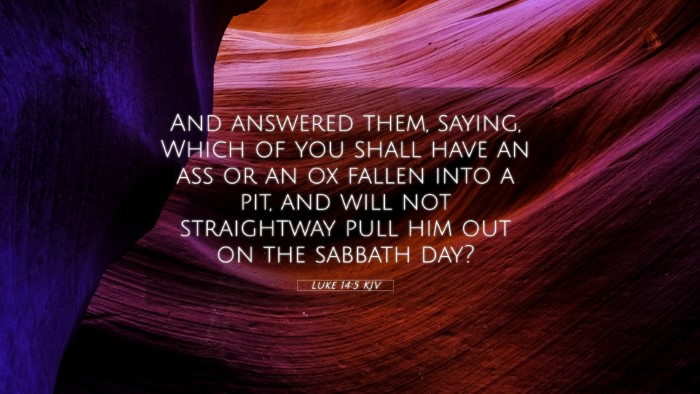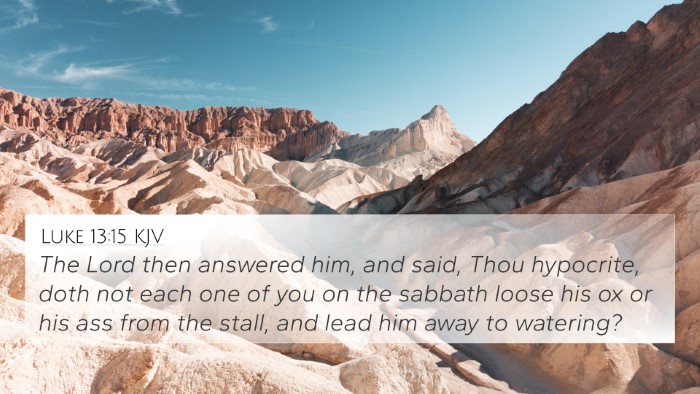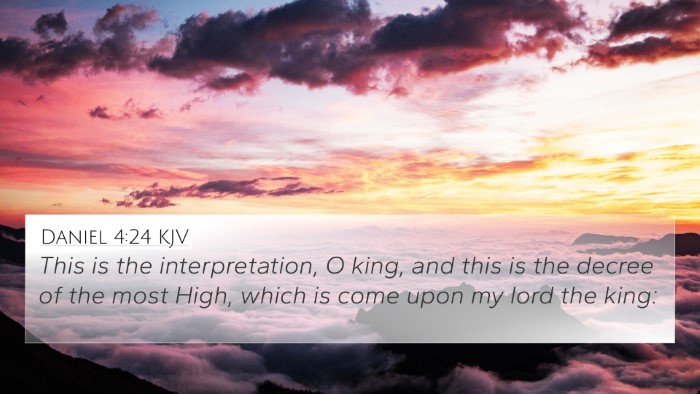Old Testament
Genesis Exodus Leviticus Numbers Deuteronomy Joshua Judges Ruth 1 Samuel 2 Samuel 1 Kings 2 Kings 1 Chronicles 2 Chronicles Ezra Nehemiah Esther Job Psalms Proverbs Ecclesiastes Song of Solomon Isaiah Jeremiah Lamentations Ezekiel Daniel Hosea Joel Amos Obadiah Jonah Micah Nahum Habakkuk Zephaniah Haggai Zechariah MalachiVerse
Luke 14:1 Luke 14:2 Luke 14:3 Luke 14:4 Luke 14:5 Luke 14:6 Luke 14:7 Luke 14:8 Luke 14:9 Luke 14:10 Luke 14:11 Luke 14:12 Luke 14:13 Luke 14:14 Luke 14:15 Luke 14:16 Luke 14:17 Luke 14:18 Luke 14:19 Luke 14:20 Luke 14:21 Luke 14:22 Luke 14:23 Luke 14:24 Luke 14:25 Luke 14:26 Luke 14:27 Luke 14:28 Luke 14:29 Luke 14:30 Luke 14:31 Luke 14:32 Luke 14:33 Luke 14:34 Luke 14:35





